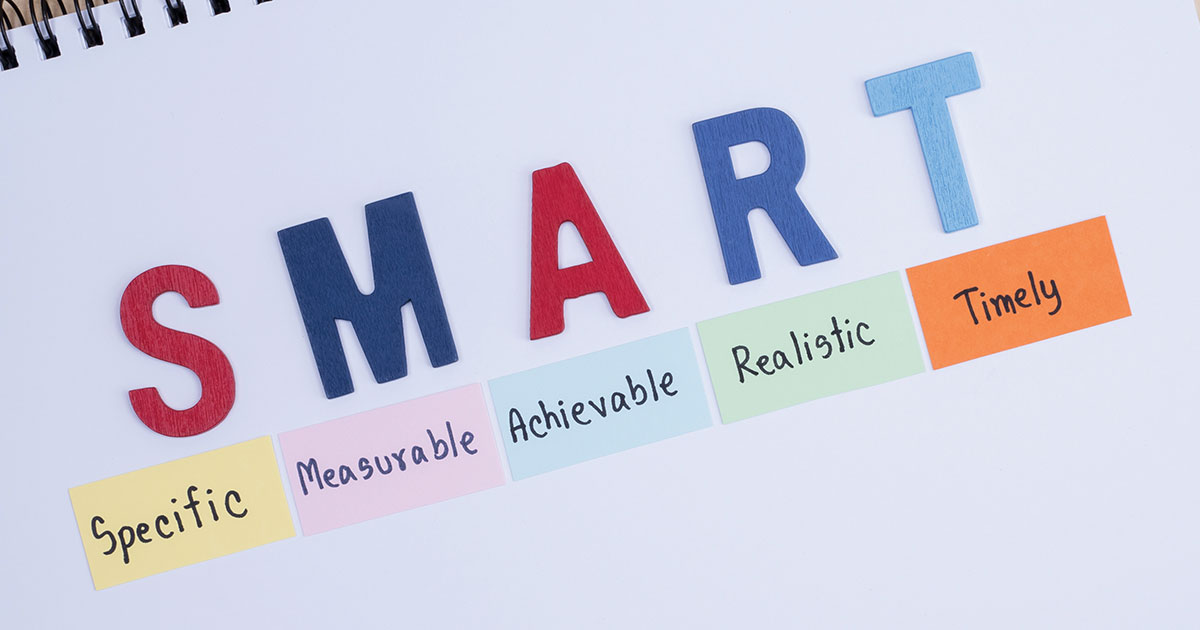It is a new year, which means it is time for new resolutions. As the clock strikes midnight on December 31st and switches to January 1st, 2020, many people will be pledging to eat healthier, exercise more often, or break a certain habit. Yet, unfortunately, some of these resolutions will be broken by the end of January. I no longer make New Year’s resolutions for the sole reason of knowing that I probably won’t follow through with them. However, after some research, I had a better idea of why my resolutions don’t stick or work.
According to the article in Business Insider, “A psychotherapist says there are three common reasons so many people’s New Year’s resolutions end in failure.” Many resolutions aren’t specific enough, framed in positivity, or truly about the person. All of these reasons are realistic and show that sometimes committing to a resolution is about creating a positive/growth mindset and turning the resolution into a lifestyle change and thinking that you are doing just that. So, how do you put this mindset and lifestyle change into action without realizing you are setting a New Year’s resolution?
First, be honest with yourself. This lifestyle resolution is a form of self-care. Be honest with yourself in deciding that you deserve something new or a change. Also, change the word resolution to goal. There is a better connotation to the word and it inspires a positive mindset. Lastly, state the truth about what you want to do, not what you’re supposed to do. Decide on what is important and best for you, so then you’ll be motivated to see that goal through. If you want to lose weight, do it because you want to feel better and be healthier, not because society tells you so.
Speaking of goals, use the SMART goal method – Specific, Measurable, Achievable, Relevant, and Time-based. Setting a SMART goal allows you to create a specific task to accomplish with specific steps and details. It doesn’t matter how big of a goal you have, breaking it down into smaller steps will help you carry out the bigger picture. Also, it is okay to set multiple goals throughout the year; however, make sure you work on only one goal at a time. Sometimes multitasking can become overwhelming and cause things to fall through the cracks. Think about the goal that will have the greatest impact on you and ones that can have the most benefit first. Then, you’ll be more motivated to accomplish other goals.
Another benefit of the SMART goal is the ability to chart and see your progress over time, such as accomplishing those small steps. Everyone loves the feeling of crossing items off their to-do list and this is a similar concept. It just feels good and rewarding to finish one part and move to the next. Plus, having a visual chart, image, etc. that you can see every day helps to motivate you and increase the likelihood of not breaking your goal. In addition, you are held more accountable because you see the consistency on the calendar. Not many people like to “break a streak” when working towards something. Also, make others aware of the lifestyle change and your progress and ask for their support. That way, you are accountable to staying on track another way. Don’t be too hard on yourself if things don’t go as planned, though. There will be times you “fall off the wagon,” but be compassionate with yourself, acknowledge the mistake, and move one.
Lastly, celebrate the little and big successes. With each step you make, you make a further commitment to your goal. Be proud of it and congratulate yourself that you are doing something to make you a happier and better you.
New Year’s resolutions can be scary and intimidating. Changing your mindset and how you view them will alter everything, therefore helping you be more motivated to actually sticking with them.





















